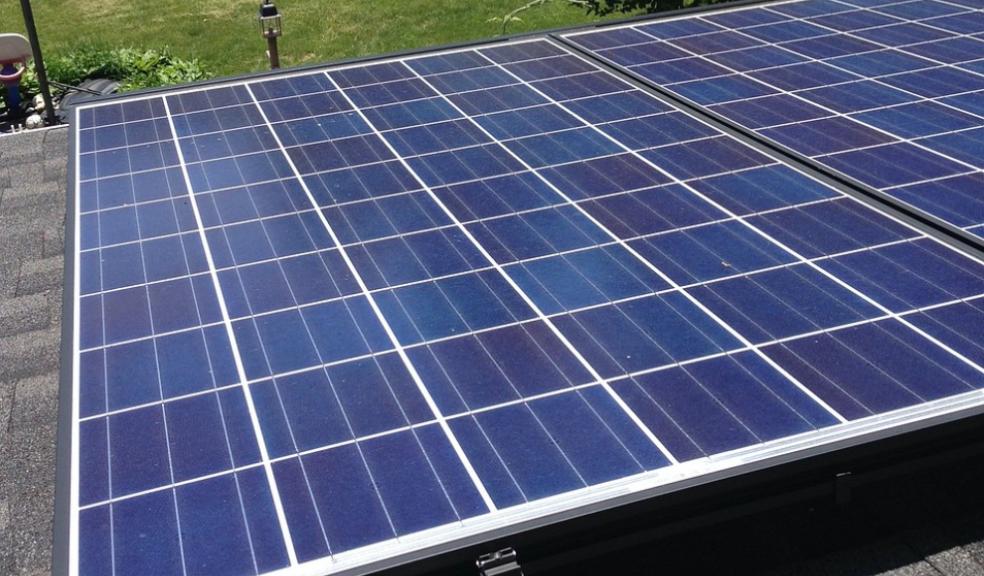
The Financial Pros and Cons of Installing Solar Panels
As the world embraces sustainable energy solutions, the installation of solar panels has gained significant popularity. Apart from environmental benefits, homeowners often consider the financial implications of going solar. In this article, we will explore the financial pros and cons of installing solar panels, helping you make an informed decision.
Pros of Installing Solar Panels
1. Long-term Cost Savings:
One of the primary financial advantages of solar panels is the potential for long-term cost savings on electricity bills. By harnessing the sun's energy, homeowners can generate their own electricity, reducing reliance on the traditional grid. Over time, the savings can be substantial, especially as electricity prices continue to rise.
2. Return on Investment (ROI):
While the initial installation cost of solar panels can be significant, homeowners can often recoup their investment through energy savings. In many regions, solar panels have a lifespan of 25 to 30 years, offering an extended period for return on investment. Furthermore, some governments provide incentives, such as tax credits and rebates, which can further enhance the ROI.
3. Energy Independence:
By generating their own electricity, homeowners become less dependent on utility companies and the volatility of energy prices. This energy independence provides stability and protection against potential price fluctuations and allows homeowners to have greater control over their energy expenses.
4. Increase in Home Value:
Solar panels are known to increase the value of a property. Studies have shown that homes with solar panels tend to sell faster and at a higher price compared to those without. Potential buyers are attracted to the prospect of reduced energy bills and the eco-friendly aspects of solar energy, making the investment in solar panels a valuable addition to a property.
Cons of Installing Solar Panels
1. High Initial Costs:
The upfront cost of installing solar panels can be a deterrent for some homeowners. While prices have dropped significantly in recent years, the initial investment still requires a substantial financial commitment. However, it is essential to consider the long-term savings and ROI when evaluating the true cost-effectiveness of solar panel installation.
2. Dependent on Sunlight:
Solar panels rely on sunlight to generate electricity, which means their efficiency is affected by weather conditions and the availability of direct sunlight. In regions with limited sunlight or frequent cloudy days, the energy production may be lower, potentially reducing the financial benefits.
3. Maintenance and Repair Costs:
Solar panels generally require minimal maintenance, but occasional cleaning and inspection are necessary to ensure optimal performance. In the event of damage or malfunction, repair costs may arise, and although warranties can help mitigate these expenses, it's important to consider them as part of the overall financial equation.
4. Relocation Challenges:
If you plan to move within a few years, the financial benefits of solar panels may be impacted. While solar panels can increase the value of a property, the cost of uninstalling and reinstalling them at a new location can be significant. This factor should be taken into account if you anticipate relocating in the near future.
To Buy or Not to Buy?
Installing solar panels comes with financial pros and cons. While they offer long-term cost savings, ROI, and increased property value, the high initial costs, weather dependency, and potential relocation challenges should also be considered.
Whatever decision you make, it’s vital that you make a well informed one. You want to ensure that you make the best decision for you, your property and your financial future. Consulting with solar energy professionals, like Western Industrial, can help you to assess the financial feasibility of going solar based on your individual circumstances.









